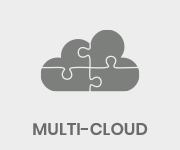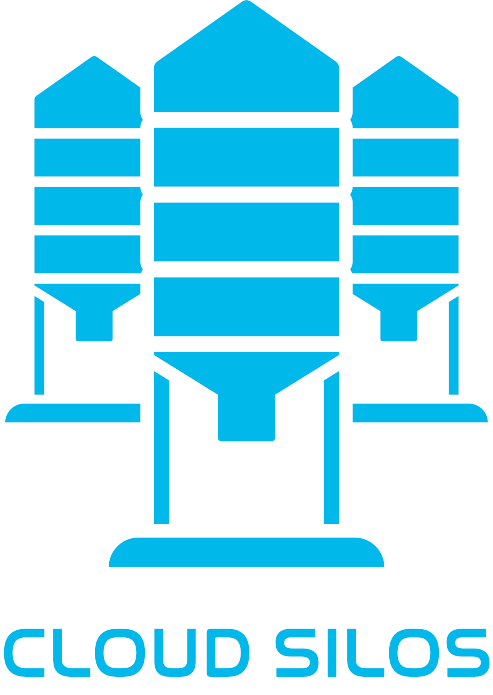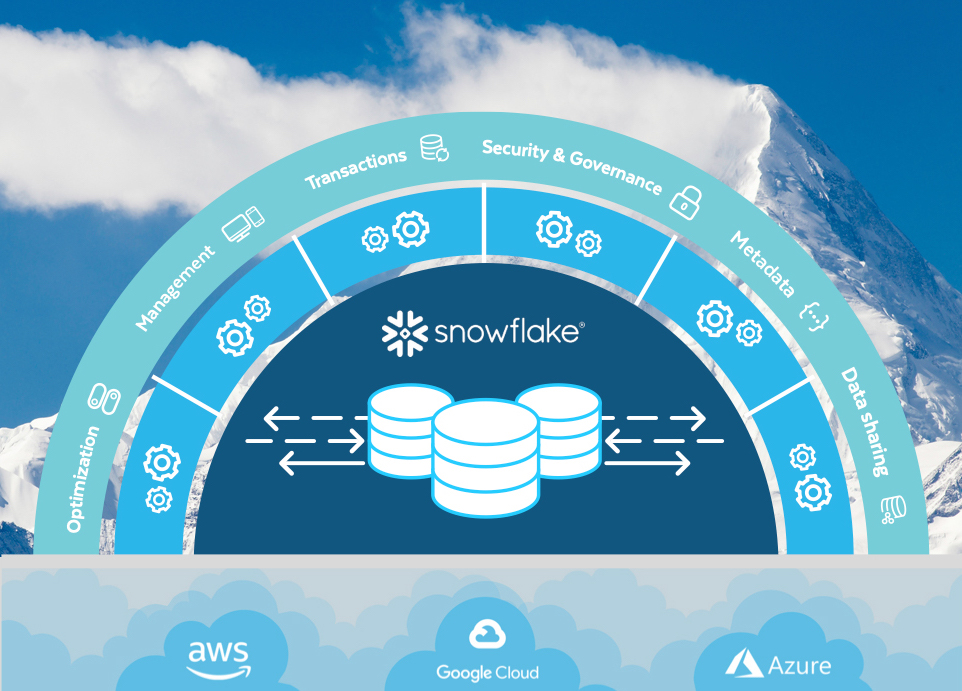HYBRID-CLOUD vs. MULTI-CLOUD
True freedom, seamless portability, near-infinite choice and control.
In a hybrid-cloud architecture, there is a mix of both public and private (or on-premise) architecture.
With a multi-cloud platform in place, organizations can build, run, and scale the experiences their business models demand. This means happier customers, less hurried IT, and lower cost, without compromising control.
MULTI-CLOUD COMPUTING
Different Clouds Are Designed For Different Workloads.
Organisations are increasingly using multiple private and public clouds to deploy their applications, in order to avoid vendor lock-in and exploit best-of-breed solutions, among other things.
A multi-cloud strategy will allow the organization more operational independence as any issues that occur with one cloud service provider will not affect the organization’s data stored on another provider.

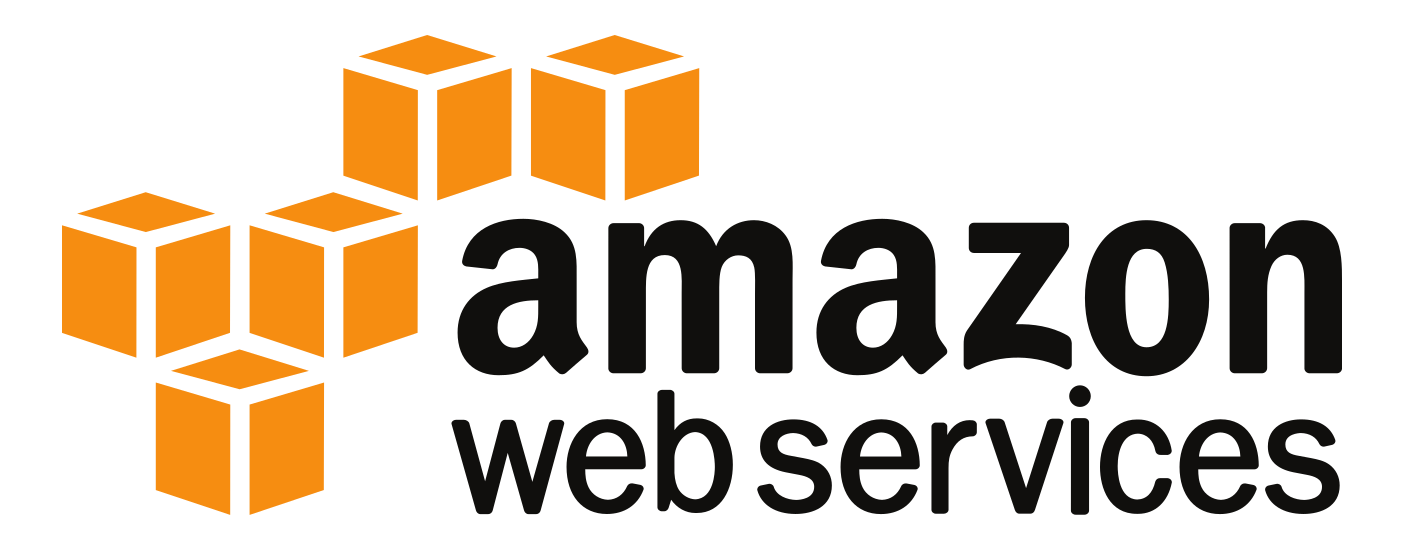



MULTI-CLOUD STRATEGY
Adopting Multiple Clouds Is Advantageous
A multi-cloud strategy enables organizations to negotiate rates with cloud providers and maintain cost management through choice and flexibility. In addition, multi-cloud technology benefits:
- Enable different business units to use a public cloud that best matches their needs and promotes productivity.
- Capitalize on regional footprints to leverage the best cloud provider by region based on presence, capacity, and services for local teams
- Protect against a single cloud provider’s multi-region outage, ensuring uptime and SLA adherence
Cutting-Edge Technologies & Platforms
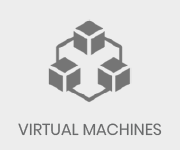
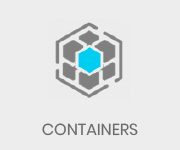
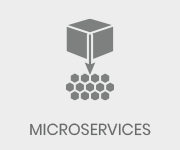
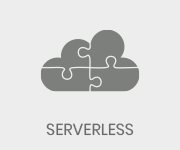
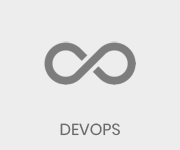



Start Your Multi-Cloud Strategy Today!
OPERATIONALIZING MULTI-CLOUD PRESENTS CHALLENGES
Significant challenges exist for organizations to share and move data between their cloud instances.
CLOUD SILOS
The major cloud platform providers (AWS, GCP, Azure) have unique cloud platforms with proprietary APIs for managing data. This incompatibility between public clouds creates challenges for organizations:
- Data gets spread across cloud platforms that operate independently. Because there’s no easy way for organizations to copy or share data from cloud to cloud, silos of cloud data develop.
- DevOps teams need to hire or develop internal experts who can work in each cloud they adopt. Because it’s challenging to find developers who have the skill set to work in multiple clouds, companies usually end up with separate cloud teams, which creates silos within the organization.
GO CROSS-CLOUD
Want Ubiquitous Cloud Computing With Your Multi-Cloud Strategy?
Want ubiquitous cloud computing with your multi-cloud strategy? Better get a cross-cloud platform.
A multi-cloud strategy enables companies to avoid vendor lock-in while capitalizing on the differing services that the major cloud providers offer, especially around security, application migration, and analytics and application development services.
However, companies won’t realize the real value of adopting multiple clouds until cross-cloud capability exists to enable secure data sharing across cloud providers and regions.

